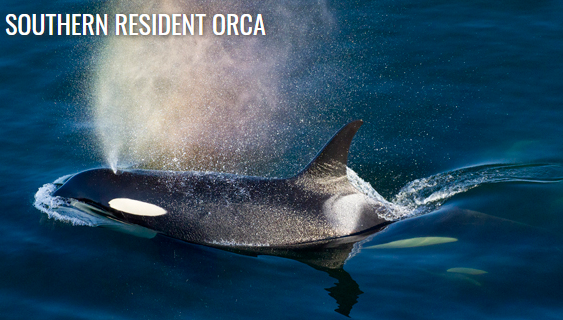Governors sign salmon and steelhead collaboration

SEATTLE, Wa. (KIFI/KIDK)-Northwest governors have announced a regional collaboration on salmon recovery in the Columbia River basin. The governors of Idaho, Montana, Washington and Oregon outlined strategies to engage with tribal nations and federal agencies to address the concerns of communities who depend upon the river.
The agreement follows release of a federal plan to manage 14 federal dams, including four on the lower Snake River. The federal agencies determined the plan would not put salmon or orcas at risk. But, the decision contradicted independent scientists, who concluded that without major changes, the dams’ operation threatens salmon and southern resident orcas with extinction.
“We appreciate the governors taking this crucial step to help salmon, orcas and communities impacted by the lower Snake River dams after federal agencies failed us yet again,” said Meg Townsend, an endangered species attorney at the Center for Biological Diversity. “We hope the governors follow the clear scientific evidence and take the necessary, bold action required to restore the river. We have to bring back the vibrant salmon runs that are essential to our region, and especially for our beloved orcas, before it’s too late.”
The Orca Salmon Alliance is a group of 17 conservation organizations asked the governors to quickly develop and implement a plan to restore the Snake River ecosystem. The alliance claims Columbia Basin dams directly kill salmon as they migrate through slow-moving reservoirs and dam turbines downstream to the Pacific Ocean.
On salmons’ return trip, the dams block access to 40% of spawning habitat. Lower Snake spring Chinook salmon are especially important for the Southern Resident orcas, because of the timing of their migration and their high fat content.
Salmon are the orcas’ primary food source. The alliance says the loss of that food source is driving the orcas to extinction. The orca population is currently estimated at only 72 members and two newborn calves.
“This collaboration is a tremendous, necessary step forward in working to save the salmon and orcas who rely on this important river system,” said Robb Krehbiel, Northwest representative at Defenders of Wildlife. “We are grateful to the governors, as there is more vital work to be done. The Orca Salmon Alliance looks forward to the governors and Northwest tribes leading our region into the future and securing a healthy river for the people and wildlife who depend on it.”
